Representatives of the Fluid Sealing Association and the European Sealing Association are leading efforts to create a new market access platform for sealing device technology with the World Trade Organization’s “Environmental Goods” Trade Agreement.
Seventeen trade negotiating teams from the World Trade Organization (WTO) are crafting a deal that will make selling “environmental goods” tariff-free for each participating country. The negotiations, which have been taking place in Geneva, Switzerland for the past year are looking to support or oppose as many as 650 products for the Environmental Goods Agreement (EGA). With only three rounds of negotiations remaining, participating countries are hoping to reach an agreement in December, 2015.
Solar panels, wind turbines, soot removers, desalination equipment, composting systems and water quality monitors are pretty much a given for the EGA. Representatives of the sealing device industry are working to ensure mechanical seals, gaskets, packing and expansion joints are also included in the final package.
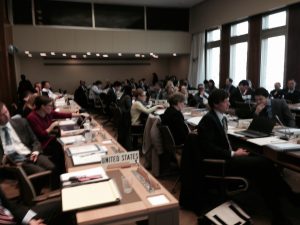
“Among others, we have taken the sealing device technology story to China, South Korea, Japan, Australia, Canada, Costa Rica, Hong Kong, New Zealand, Norway, Singapore, Switzerland, Taipei, the European Union and its 28 member states. We were afforded the opportunity to present to all participating trade delegations in Geneva in March” said Chris Swonger, Chair of the Fluid Sealing Association Government Affairs Working Group and Senior Vice President, Global Government Relations for Smiths/John Crane.
Swonger and Henri Azibert, the FSA Technical Director, along with representatives from the European Sealing Association have made a case to the US Government European trade negotiators and are actively working with each of the participating countries that have signed on to the WTO “environmental goods” trade negotiations. “I think that we have done a very good job engaging with and educating each participating country. As the awareness level of sealing device technology was relatively low when we first started, it has been gratifying to educate leading trade negotiators from around the world on the important role sealing devices play to prevent leaks and emissions,” said Swonger.
Negotiations on the Environmental Goods Agreement (EGA) began on July 8, 2014 and its intent is to eliminate tariffs on products making the environment safer, cleaner and accessible to everyone. Global trade in environmental goods is estimated at nearly $1 trillion annually and growing fast. The U.S. exported $196 billion in environmental goods in 2013 and U.S. exports have been growing at an annual rate of eight percent since 2009. Tariffs on U.S. goods are already low but other countries charge tariffs of up to 35 percent. By eliminating tariffs, we can help level the playing field for US manufacturers and workers, supporting good green jobs.
Working with FSA colleagues and with European counterparts at the European Sealing Association, they determined that the EGA negotiations represented a great opportunity to get the WTO to recognize that sealing device technology is literally on the front lines in protecting the environment.
According to Swonger, “we believe the sealing device industry has a lot to contribute to public policy considerations. We can be a valued technical resource for governments as they consider policies to protect the environment. As FSA membership is committed to providing the best available technology for our customers to meet emerging environmental standards, the EGA negotiations presents an opportunity to raise awareness and help policy makers understand the important role that sealing device technology can play to support environmental compliance, water conservation and energy efficiency”, said Swonger.
“The FSA is a terrific technical, best practice sharing organization and all of its members contribute to the evolving aspects of sealing device technology. Engaging in the public policy process is a natural next step in the evolution of the FSA. The industry can contribute to the public policy formulation process and our job is to advocate for the interests of the sealing device industry. We want to educate policy makers on the jobs we bring to the market, trade impediments and that our technology helps our customers and makes the world a more environmentally efficient place,” continued Swonger.
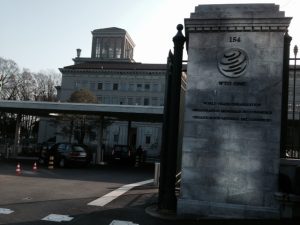
As President Obama said when announcing his Climate Action Plan, “there’s no contradiction between a sound environment and strong economic growth.” Ambassador Michael Froman, a U.S. Trade Representative, continued stating “A successful Environmental Goods Agreement will unlock economic opportunity by driving demand for more Made-In-America exports, allowing more American workers and business to make environmental goods here and sell them everywhere. Through these negotiations, we can protect the environment, support American jobs, and make good on one of the most fundamental obligations of all: the put the world on a better trajectory of sustainable economic growth.”
Negotiations will continue through the fall before the WTO and the 17 participating countries come to an agreement on the final list of environmental goods technologies. “We’ll see how we fare (in December) on the final environmental goods list,” said Swonger. “What I’m most proud of, is that we have educated and raised awareness of our technology and made great progress for our industry.
“From mechanical seals, to expansion joints and from gaskets to packing, we’ve created a new platform for our technology and I think that’s pretty exciting! If we succeed in getting sealing device technology on the ‘environmental goods’ list, this should create new market access opportunities for the sealing device industry by eliminating import and export tariffs. If we succeed, this will be great news for the industry,” said Swonger.
 “Among others, we have taken the sealing device technology story to China, South Korea, Japan, Australia, Canada, Costa Rica, Hong Kong, New Zealand, Norway, Singapore, Switzerland, Taipei, the European Union and its 28 member states. We were afforded the opportunity to present to all participating trade delegations in Geneva in March” said Chris Swonger, Chair of the Fluid Sealing Association Government Affairs Working Group and Senior Vice President, Global Government Relations for Smiths/John Crane.
“Among others, we have taken the sealing device technology story to China, South Korea, Japan, Australia, Canada, Costa Rica, Hong Kong, New Zealand, Norway, Singapore, Switzerland, Taipei, the European Union and its 28 member states. We were afforded the opportunity to present to all participating trade delegations in Geneva in March” said Chris Swonger, Chair of the Fluid Sealing Association Government Affairs Working Group and Senior Vice President, Global Government Relations for Smiths/John Crane.  As President Obama said when announcing his Climate Action Plan, “there’s no contradiction between a sound environment and strong economic growth.” Ambassador Michael Froman, a U.S. Trade Representative, continued stating “A successful Environmental Goods Agreement will unlock economic opportunity by driving demand for more Made-In-America exports, allowing more American workers and business to make environmental goods here and sell them everywhere. Through these negotiations, we can protect the environment, support American jobs, and make good on one of the most fundamental obligations of all: the put the world on a better trajectory of sustainable economic growth.”
As President Obama said when announcing his Climate Action Plan, “there’s no contradiction between a sound environment and strong economic growth.” Ambassador Michael Froman, a U.S. Trade Representative, continued stating “A successful Environmental Goods Agreement will unlock economic opportunity by driving demand for more Made-In-America exports, allowing more American workers and business to make environmental goods here and sell them everywhere. Through these negotiations, we can protect the environment, support American jobs, and make good on one of the most fundamental obligations of all: the put the world on a better trajectory of sustainable economic growth.”
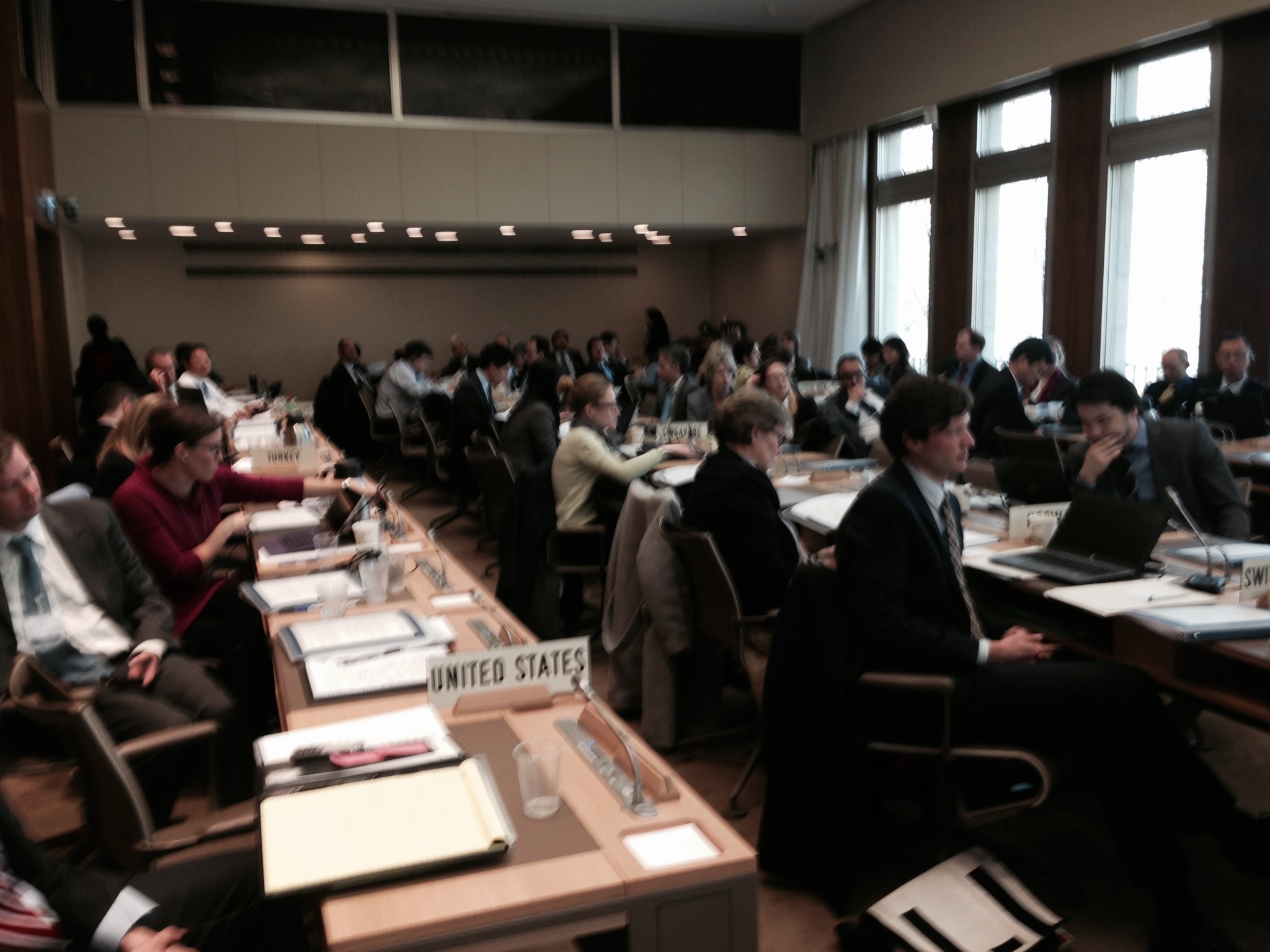

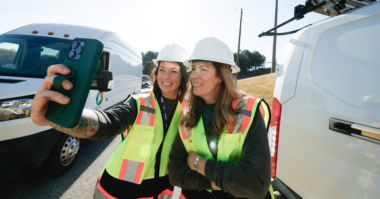
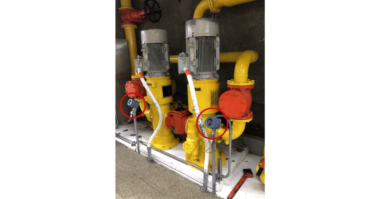
Comments